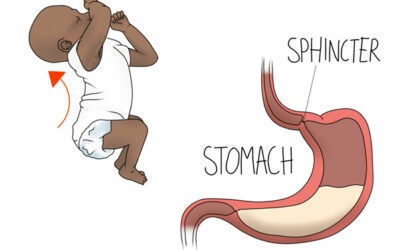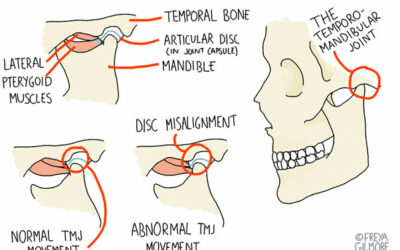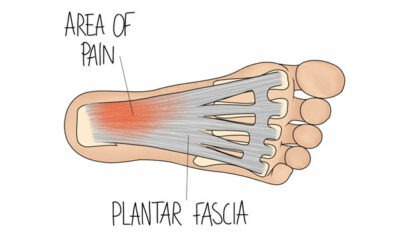 Planning to treat the one you love to some flowers or a romantic surprise on Valentine’s Day? Why not show your heart some love too? Keep it strong and you’ll be around for your loved ones a lot longer!
Planning to treat the one you love to some flowers or a romantic surprise on Valentine’s Day? Why not show your heart some love too? Keep it strong and you’ll be around for your loved ones a lot longer!
Here are our St Valentine’s inspired tips for taking care of your ticker:
Keep active It’s no secret that exercise strengthens the heart, particularly cardiovascular exercise. We’re not suggesting you hit the gym every day or start training for a marathon; anything that gets you slightly out of breath – so that you find it difficult to carry on a conversation – is good. The recommendation is that we aim for 150 minutes of moderate intensity activity each week – that could be 30 minutes a day over five days. Swimming or brisk walking is ideal.
Know your numbers High blood pressure is a risk factor for heart disease or stroke. Get your blood pressure checked and aim to keep it within a healthy range. Limiting your saturated fat and alcohol intake and consuming less salt – both at the table and in cooking – can help to maintain a healthy blood pressure. So to can exercising and avoiding stress. There’s more advice about keeping your blood pressure in check on the Blood Pressure UK website.
Stress less Avoid stressful situations and periods of prolonged stress, if possible. Feeling stressed can increase our chances of heart attack and stroke. It can also lead us to not getting enough sleep and make unhealthy lifestyle choices such as drinking more alcohol and eating comfort foods.
Quit smoking The British Heart Foundation says quitting smoking is the single best thing smokers can do for their heart health. Smoking causes a fatty build-up in the lining of the arteries, narrowing them significantly. What’s more, the carbon monoxide in tobacco smoke reduces the amount of oxygen in a smoker’s blood, making a smoker’s heart have to pump harder to supply the body with the oxygen it needs. This makes smokers twice as likely as anyone else to suffer a heart attack. Anyone who gives up smoking, regardless of how long they were a smoker, will reduce their risk of having a heart attack just one year after giving up.
Weighty issue Being overweight increases your risk of heart disease. Try to maintain a healthy weight and body mass index through diet and exercise. There’s more information about BMI on the NHS Choices website.
Keep it low High LDL cholesterol levels in our blood can increase our risk of heart disease, by clogging our arteries. To lower and maintain a healthy cholesterol level, cut down on saturated fat – avoid fatty foods, choose leaner cuts of meat and opt for low fat dairy products. Cut down your alcohol intake and, if you’re a smoker, try to give up.
Go fish Omega 3 fats help to protect against heart disease. Eat fish at least twice a week, particularly oily fish such as mackerel, sardines, fresh tuna and salmon.
Sleep well Getting a good amount of sleep each night can help to reduce our risk of heart disease and stroke. Of course, the amount we all need varies but it’s a good idea to aim for around seven hours a night.
Useful links
There’s loads of information and practical advice on taking care of your heart on the British Heart Foundation website.
Use an online BMI calculator.
We learnt some fascinating facts from this infographic about the human heart.



0 Comments